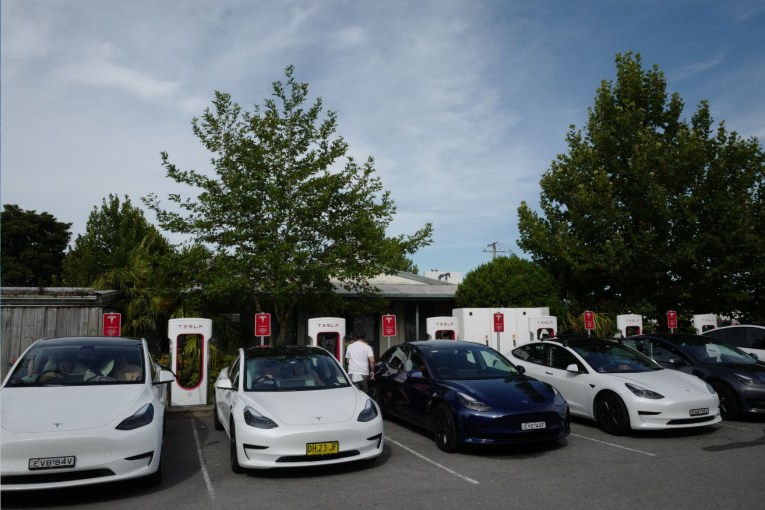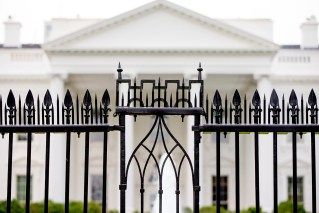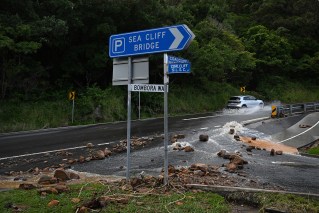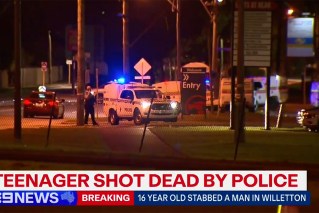‘Deep cleaned’ classrooms are promised. Cleaners say they don’t exist

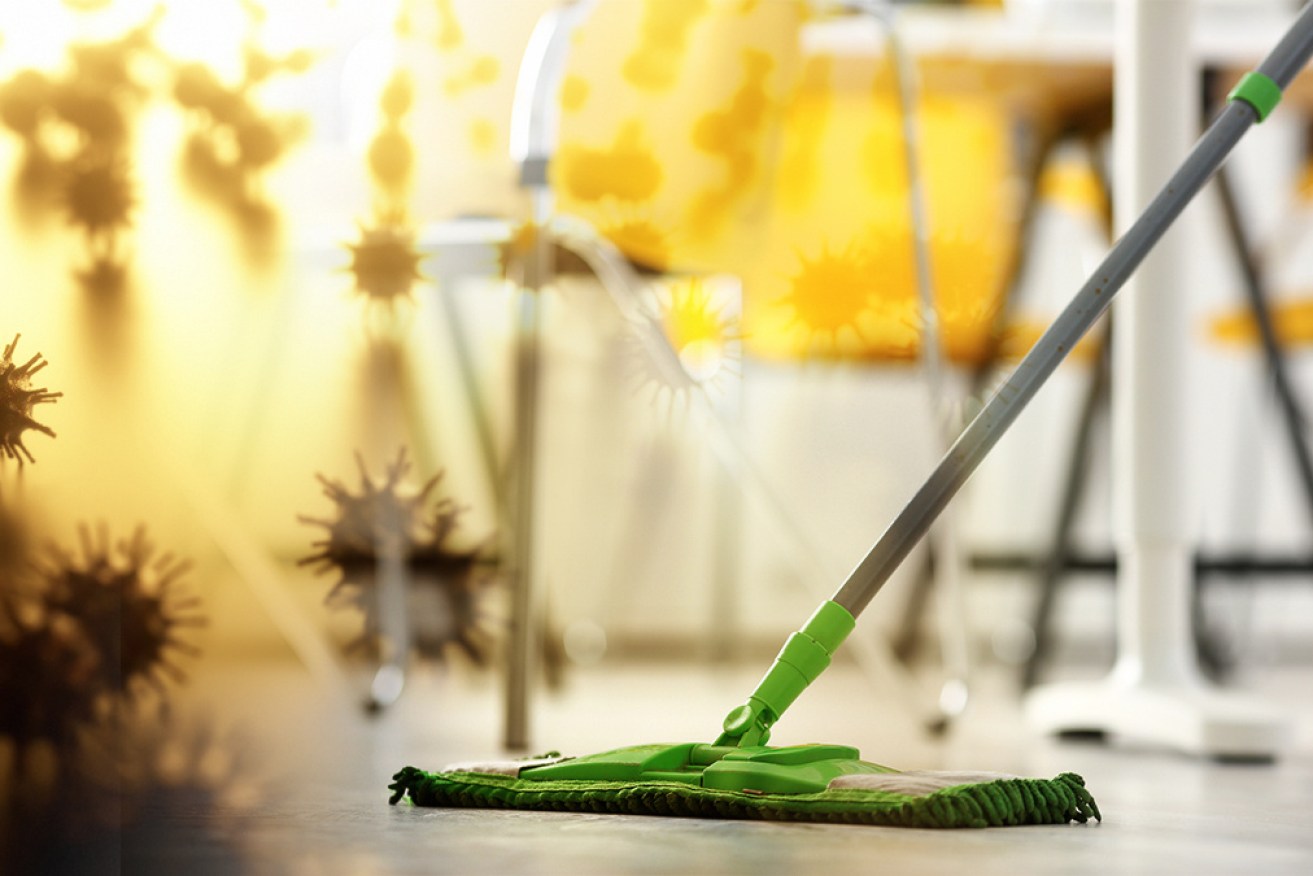
Deep cleans? The concept doesn't match up to the reality, cleaners say.
Australians students are heading back to school with the promise of deeply cleaned classrooms, but cleaners say the concept doesn’t exist.
State governments have allocated millions of dollars to employ an influx of cleaning staff to help disinfect schools and ensure the safety of returning students from an outbreak of the coronavirus.
But hundreds of surveyed cleaners say it’s all a fallacy.
One Melbourne high school cleaner said her team was unprepared for schools to return in Victoria, as it was short on supplies and time.
“We don’t have enough equipment like proper cloths, and dusters, things like that. They’re small things but helpful,” the 46-year-old, who asked to remain anonymous told The New Daily.
“We don’t have enough to make sure it’s safe.”
She said they had to use disinfectant sparingly as they were only given small amounts.
“The disinfectant that we are using, we run out quickly.
“We were given one box of gloves to share between four cleaners, and the supervisor said to try to wear only one glove.”
The cleaning cloths they had been given are reusable, which goes against best practice for COVID-19. And there are not enough of them.
“We’re not given enough gloves or cloths. We aren’t given masks,” she said.
Cleaners make between $23 and $27 an hour. If they have to work overtime to get the job done, they won’t get paid for it, she said.

Cleaners work their magic on benches along the Port Melbourne foreshore. Photo: Getty
It’s a story repeated across Australia.
A recent United Workers Union survey revealed nine in 10 cleaners say they have to rush essential work, and eight in 10 revealed they do not have enough adequate equipment, including suitable disinfectant.
Authorities have organised “deep cleaning” at cluster epicentres – including a NSW school and a Melbourne McDonald’s just this week.
But United Workers Union organiser Georgia Potter Butler says the reality couldn’t be further from the truth.
“Deep cleaning is a language that doesn’t describe a real thing. It is totally made up,” she said.
“The images of cleaners in full hazmat suits going into Dutton’s office, that’s not real life.
“Real-life is a cleaner going in wearing their tracky dacks, using cloths that may not be washed regularly. A lot of them will be using detergents instead of disinfectants.”
She said most cleaning contracts just covered vacuuming and toilets – not a full clean of every surface.
“If you go into your office, most of the time your desk hasn’t been cleaned, the microwaves might be done once a week but it’s about visibility not about proper cleaning,” she said.
“As people come back into workspaces, escalator handles, toilet doors, the EFTPOS machines, cleaning of those things are not factored into standard cleaning protocol.
“It is mopping and vacuuming, taking out the rubbish bins and toilets. You might have a once-weekly clean of surfaces, but it’s often not prescribed.”
Cleaners were often not trained in infection control, and cost-cutting measures meant the focus was on avoiding complaints, rather than cleaning for public health, she said.
“The government, the universities, workplaces, just want to know that it happened, so they contract it out, preferably the lowest price.
“But what that means is you have cleaners who are doing huge workloads that aren’t able to finish the job properly.
“They’ll get six minutes to do a classroom for instance.”
One cleaner at the University of Tasmania said the industry needed an urgent overhaul if we want to ensure the pandemic didn’t spread.
“COVID-19 has highlighted how essential the work of cleaners is. Finally, people are talking about how important our work is,” she said.
“Cleaners need time to do a good job, with better equipment, good wages, and secure jobs.
“The system needs to change so cleaners can do the quality cleaning they want to do, and so the best outcomes for public health and safety are delivered for everyone.”
